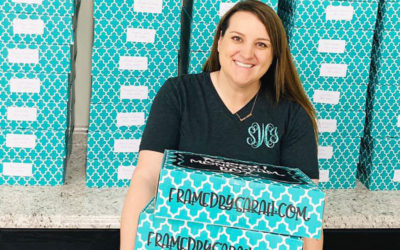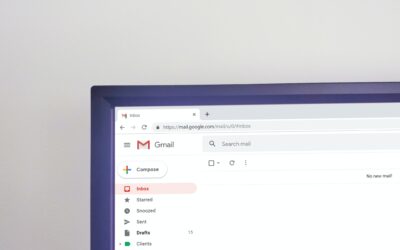No time to listen now? We'll send it to your inbox.
No time to listen now? We'll send it to your inbox.
or scroll down to get the highlights

A Winning Pricing Strategy For Your Ecommerce Store
There’s one thing that every store owner should do right now, early in the year. I’ve talked about this before – but right now is the very best time to set yourself up for more profit this year.
In this post, we’re delving into how we set product prices in ecommerce, and I’ll share a pricing strategy that most store owners don’t use. Once you understand how it works and start implementing it in your store, you’ll have the potential to be much more profitable. And you’ll have the confidence to pay yourself, hire help, and make the investments in your business that will lead to long-term stability and growth.
Listen to the podcast HERE or read on to open the door to increased profit.
Don’t Make This Mistake!
Most people have their own system for setting retail prices. Many store owners use a target gross margin percentage, and apply that markup evenly to every item in their store. Others simply set their retail prices at a multiple of the cost of the product.
Even though these strategies seem solid, it doesn’t guarantee that you’ll be profitable.
It’s completely possible that you could find yourself losing money every month, because the actual profit in dollars and cents is not enough to cover your expenses. OR you could be accidentally setting a cap on a given product’s profit.
So many store owners struggle with cash flow. And when you have to let employees go, or cut your ad budget, or can’t pay your bills, it takes an emotional toll. It’s embarrassing and exhausting, because it can feel like a reflection of our abilities.
It’s About Dollars, Not Percentages
When most store owners set prices, they’re often looking only at margin percentages or simplistic markups, but getting strategic with your pricing is more nuanced than inputting cost into a standard equation that “feels” right.
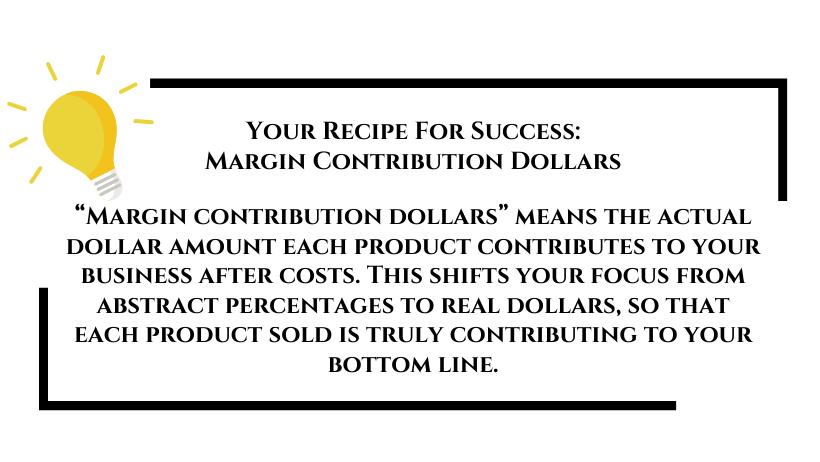
Instead of using a markup formula, try setting your prices based on Margin Contribution dollars. You decide on a minimum amount of Margin Contribution revenue your products must generate.
When each product must contribute a minimum profit in dollars, you can avoid costly pricing mistakes and meet your minimum Margin Contribution by bundling products together or even eliminating products that don’t generate enough profit.
The Pitfalls of Pricing: Karen’t Story
In Episode 166 I talked to Karen Steuer, a long time client, and owner of Tangled Roots Herbal, who has been struggling with cash flow for some time. It’s worth a listen. Fortunately Karen was keeping her financial information up to date, which allowed me to help her take control of her money problem. It’s nearly impossible to troubleshoot cash flow problems if you don’t have your numbers in order and readily available.
Karen’t gross margin was 48.8%, so roughly double her cost, but she still wasn’t covering her monthly expenses. So while she assumed her pricing strategy was “standard” and therefore sufficient, it was draining all the profit out of her business.
You Can’t Afford To Sell Anything For $10
Let’s say you make or purchase a product for $2.50, and your standard practice is to double that and sell it for $5. So each time you sell this product, you’re contributing just $2.50 to your margin. Sell 100 of them? You do all the work to ship those hundred orders, and you’ve only kept $250 for next month’s expenses.
So let’s say you quadruple it and sell it for $10. After 100 orders, you’ve still only got $750 to cover next month. For most businesses, that’s just not enough. I’m not saying you can’t sell $10 products, but I am saying you must consider either bundling them or up-selling something else so that your total order value makes it worthwhile.
What Does It Cost You To Wake Up Every Day?
What does it really cost you to run your store? What is the monthly cost of your Shopify site, your email platform and other apps you need, your shipping materials, your employees, etc? Take a look at all of your monthly expenses and divide that number by 30. That’s the cost of just waking up each day and having an online store.
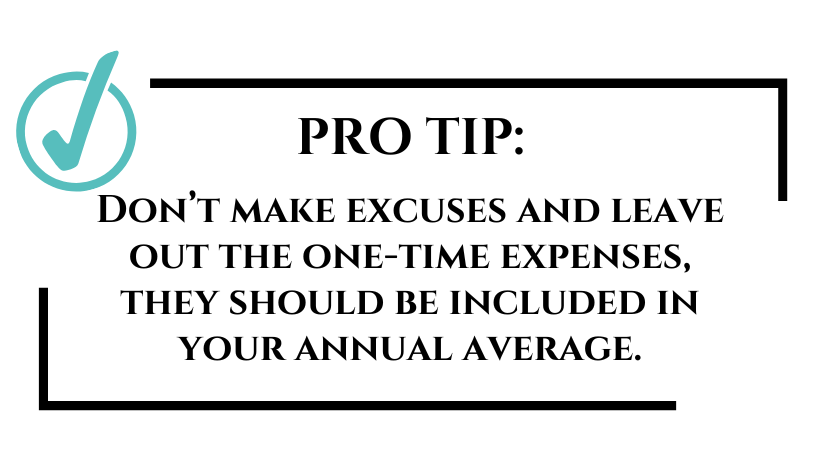
So if your monthly “run rate” is $6,000, then your daily “wake up” rate is $200. Your sales need to generate more than that number each day to be profitable.
Don’t Forget Yourself
If you’re going to take the time to sit down and implement this strategy, you really must include compensation for yourself. Even if you’re not paying yourself yet. This amount needs to be included if you are to price your products in a way that will get your business to the level you want it to be eventually, where you can hire things out and grow a team. Say you’d like eventually to pay yourself $3k per month. You’ll need to add $100 per day to your margin contribution. Build a pool of margin into your business that will allow you to get help when you’re ready for it.
5 Steps To More Profitable Pricing
1.Set up a call with your bookkeeper, OR if you don’t have one, review your income statement for the last 3-4 months and note your gross profit. This is the money you have to pay your monthly expenses
2. Compare your monthly expenses to your current gross profit margin. Are they close, or is there a big gap?
3. Jot down your “wake up rate” somewhere you can easily reference it, like a sticky note on your laptop or bulletin board. This number is your new goal.
4. Go back and review your pricing. Consider which products you could add a dollar here or there to in order to boost your profit margin.
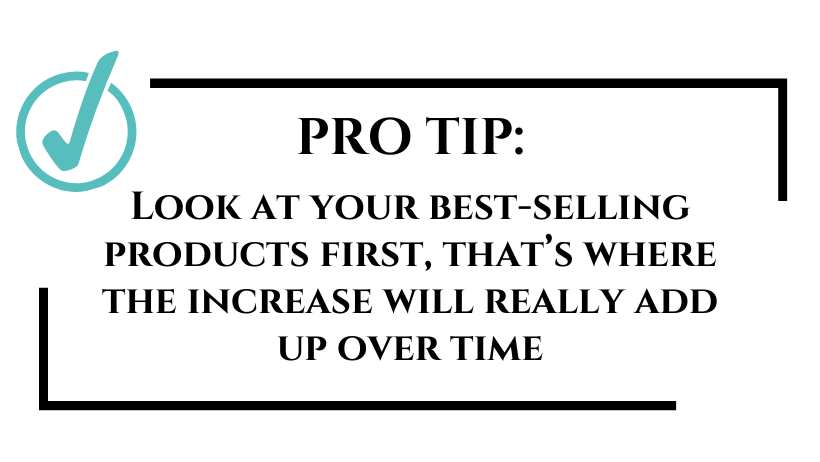
5. Consider your unique selling proposition – what is it about you or your product that makes it different from every other product your customers could be purchasing. What are the things people value? What problems do your products solve? You’ll (probably) never be able to compete on price, but you will add value either in the uniqueness of your product, the ease which you provide it to your customers, or even you as a person they want to support. How can you present your product differently so that this value is clear to your website visitors, and you get the sale?
Strategic pricing is about more than just covering costs – it’s about maximizing your business’s profitability sustainably. If you’re still scratching your head, check out this quick video that I made. In it, you’ll learn how to:
- Calculate the amount of margin you need in $
- Set your minimum viable average order value (so you can pay yourself)
- Change your pricing strategy to set yourself up for success
This strategy really will get you closer to earning a paycheck, or having the confidence to hire out the things that will allow your business to reach new heights. I know that chatting about the dollars and cents in our ecommerce stores can feel like a hairy, scary thing…I’ve been there.
But if you’re ready to get off the rollercoaster, there’s never a better time to set yourself up for more profit than early in the year. Spend an hour reviewing your pricing. It might be your most profitable hour of the year.
RELATED LINKS:
The Secret To Getting Paid
https://thesocialsalesgirls.com/the-secret-to-getting-paid/
A Lesson On Fixing Your Cash Flow
https://thesocialsalesgirls.com/a-lesson-on-fixing-your-cash-flow-episode-166/
Grow Up Your Business And Get More Profit
https://thesocialsalesgirls.com/grow-up-your-business-get-more-profit-episode-77/
Gross Profit: Will You Take Charge And Pay Yourself More?
https://thesocialsalesgirls.com/gross-profit-will-you-take-charge-and-pay-yourself-more-episode-188/
New FREE Course
GROW YOUR SALES
(without breaking the bank)
Conversion School is a step by step process to grow your sales,
without spending a fortune on risky ad strategies, or discounting your products.
Works for Ecommerce stores at all stages.
Start getting consistent sales, and see significant sales growth every month.
New FREE Course
GROW YOUR SALES
(without breaking the bank)
Conversion School is a step by step process to grow your sales,
without spending a fortune on risky ad strategies, or discounting your products.
Works for Ecommerce stores at all stages.
Start getting consistent sales, and see significant sales growth every month.
The email strategy behind Sarah’s 7 figure business – Episode 14
No time to listen now? We'll send it to your inbox. No time to listen now? We'll send it to your inbox. or scroll down to get the highlightsToday the amazing Sarah Williams is sharing the details about how she...
How much, how many, how long. The secret behind our sock production. Episode 13
No time to listen now? We'll send it to your inbox. No time to listen now? We'll send it to your inbox. or scroll down to get the highlightsOne of the questions I’m asked most often is about production. Here’s the story...
Twelve email ideas you can implement and recycle – Episode 12
No time to listen now? We'll send it to your inbox. No time to listen now? We'll send it to your inbox. or scroll down to get the highlightsWe recently got the results of a Poll from our Roadmap to $50K Group on...

